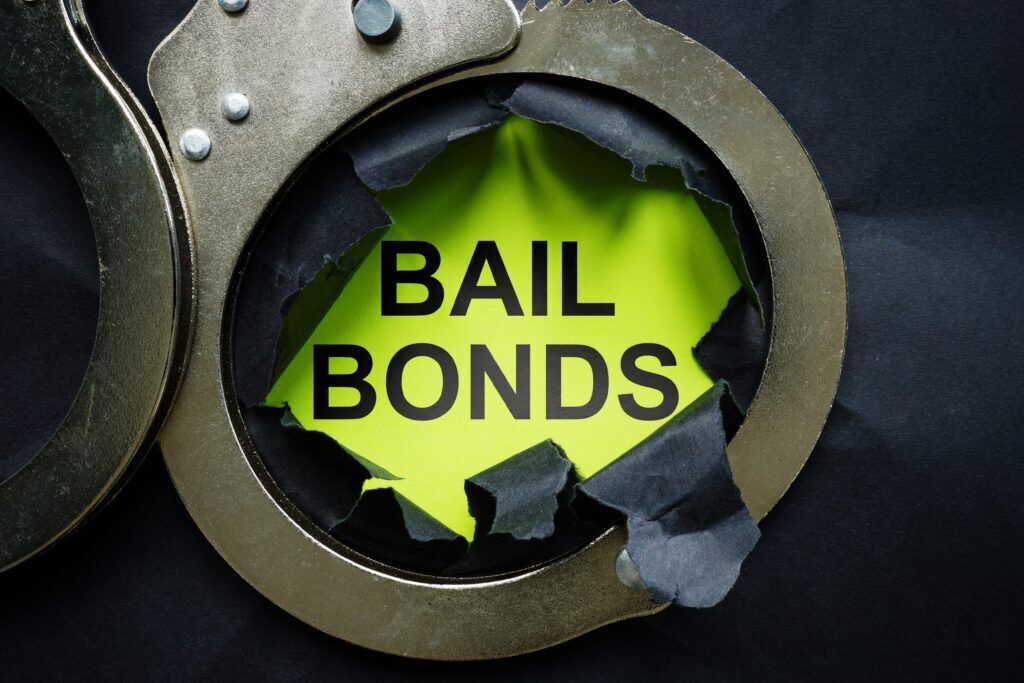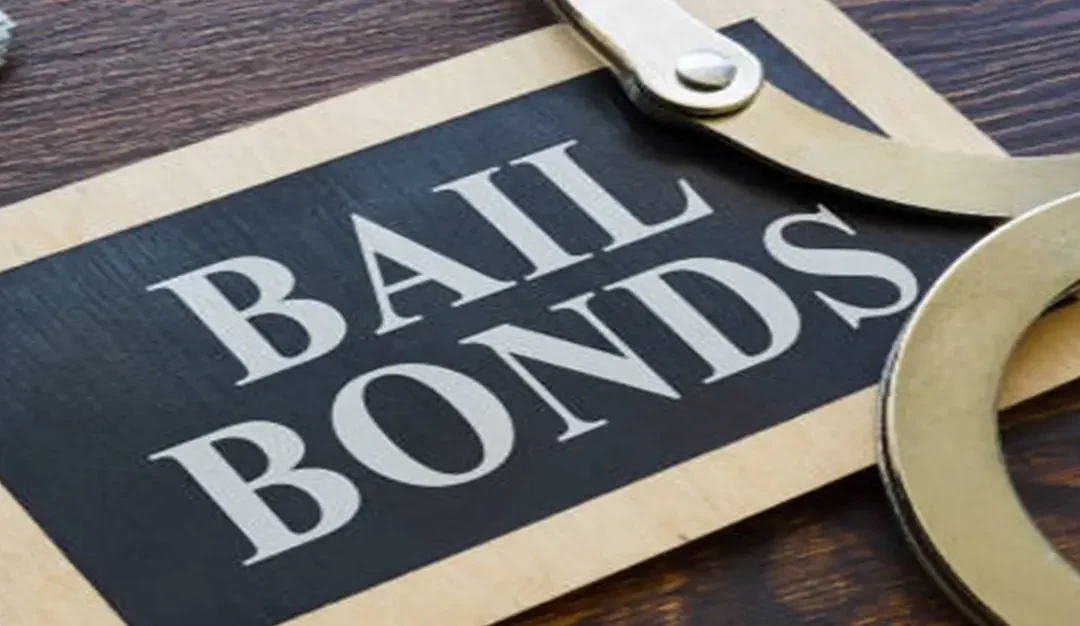All You Need to Find Out About Bail Bonds and Their Function in the Justice System
Bail bonds offer a substantial function within the justice system. They give offenders with a means to safeguard their launch while awaiting trial. Understanding the intricacies of this procedure, consisting of different kinds of Bail bonds and the connected expenses, is important for anyone facing legal challenges - 303 Bail Bonds. The duty of bondsman additionally complicates the scenario. What are the obligations of both accuseds and bondsmen? The following areas will clear up these essential aspects
Recognizing the Bail Process
Just how does the Bail procedure feature within the justice system? The Bail procedure acts as a mechanism to assure that accuseds appear for their scheduled court dates while allowing them to remain complimentary throughout legal proceedings. When an individual is arrested, a court identifies the Bail amount based upon various aspects, including the seriousness of the crime, flight danger, and criminal history. If the accused can not manage the Bail, they may seek aid from a bondsman who generally bills a fee, generally around 10% of the overall Bail amount. This charge is non-refundable. The accused is launched yet continues to be required to attend all court appearances as soon as Bail is posted. Failure to do so can result in the forfeit of the Bail and possible additional penalties. Accordingly, the Bail procedure plays an essential role in balancing private civil liberties with the demand for liability in the justice system.
Kinds Of Bail Bonds
Bail bonds act as critical instruments within the justice system, providing different alternatives tailored to different situations. One of the most usual kind is the guaranty bond, where a bondsman assures the complete Bail total up to the court in exchange for a charge, normally 10% of the complete Bail. Cash money bonds call for the defendant or a co-signer to deposit the entire Bail amount in money, making certain the launch of the person till test. Residential or commercial property bonds allow individuals to use realty as security for Bail, with the residential property worth requiring to fulfill or go beyond the Bail amount. Federal bonds are certain to federal cases, typically requiring a larger cost and more stringent conditions. Understanding these kinds of Bail bonds is crucial for offenders and their households, as each option carries distinctive ramifications for financial duty and the chance of launch.
The Function of Bail Bondsmen
Numerous people depend on Bail bondsmen to browse the intricacies of the Bail process. These specialists act as middlemans in between the court system and individuals looking for launch from jail. By providing the essential monetary backing, bondsman make it possible for accuseds to secure their flexibility while awaiting test. They assess the risk linked with each situation, assessing variables such as the accused's criminal history, connections to the community, and the nature of the crime.
Bondsman additionally assist clients via the legal treatments, providing suggestions on needed documents and court appearances. Their competence is important in assuring that defendants recognize their obligations and the prospective consequences of non-compliance - Bail bonds Brighton. In this capability, bondsman play a considerable function in the justice system, balancing the rate of interests of offenders with the demand to support the legislation and warranty that people return for their court dates

Fees and prices Connected With Bail Bonds
While securing a bail bond can supply much-needed relief for offenders awaiting test, it is essential to understand the connected costs and charges that come with this solution. Generally, bail bond firms bill a non-refundable costs, typically varying from 10% to 15% of the total Bail quantity. This fee is set by state laws and is not negotiable. In addition, there may be management costs, collateral requirements, and various other covert prices, such as payment handling fees or notary fees. Defendants should likewise know that if they fail to show up in court, they might like it face further financial effects, including the loss of the Bail amount and prospective lawful costs incurred by the Bail bondsman. Comprehending these prices is crucial for informed decision-making and economic planning during the legal process.
Often Asked Inquiries Concerning Bail Bonds

In addition, individuals often look for clarification on the obligations of the co-signer, including their obligations if the accused falls short to appear in court. Bail bonds near me. Questions regarding the period of the bond's legitimacy and the conditions under which it can be revoked also arise
Additionally, possible clients commonly need to know about the prospective influence on their credit rating and the probability of recouping the costs after the case deals with. Recognizing these facets aids debunk Bail bonds and makes it possible for individuals to make educated choices within the justice system.
Regularly Asked Concerns
Can I Utilize Residential Or Commercial Property as Collateral for a Bail Bond?
Yes, property can often be made use of as security for a bail bond. This arrangement generally calls for the building proprietor to offer documents verifying ownership and value, guaranteeing the bail bond firm has appropriate safety and security for the financial danger.
What Happens if the Offender Skips Bail?
A warrant is issued for their arrest if an offender misses Bail. The bail bond firm may likewise seek the offender to recoup losses, potentially leading to legal repercussions and monetary obligations for the specific bail a included.
Are Bail Bonds Refundable After the Instance Wraps up?

The length of time Does the Bail Refine Typically Take?
The Bail process generally takes a couple of hours to a day, relying on the territory and situations. Factors such as documentation, court routines, and the schedule of funds can affect the duration considerably.
What Civil liberties Do Accuseds Have Relating To Bail Hearings?
Defendants have the right to a bail hearing, where they can present proof, argue for reasonable Bail amounts, and challenge problems. They also have the right to lawful representation throughout this important process.
If the offender can not pay for the Bail, they may look for help from a bail bondsman that normally charges a cost, typically around 10% of the complete Bail amount. The most typical type is the surety bond, where a bond bondsman guarantees the full Bail amount to the court in exchange for a charge, generally 10% of the overall Bail. Residential property bonds allow individuals to make use of genuine estate as security for Bail, with the residential property value needing to surpass the Bail or fulfill amount. Accuseds need to also be conscious that if they fall short to appear in court, they may encounter more financial effects, consisting of the loss of the Bail amount and potential lawful fees incurred by the Bail bondsman. Accuseds have the right to a bond hearing, where they can offer evidence, argue for sensible Bail quantities, and difficulty problems.